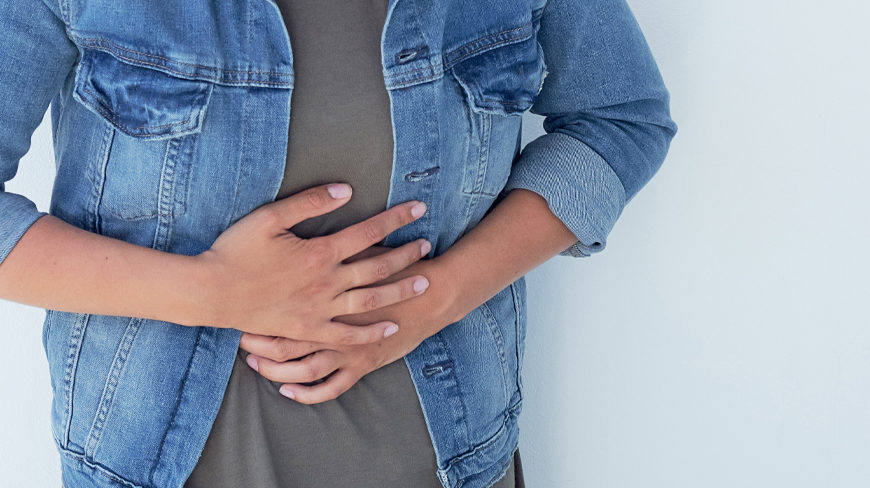The Best Diet for Diverticulitis
Diverticular disease is characterized by small growths called polyps in the intestines. These polyps are known as diverticula. When diverticula exist in the body without causing any symptoms, this is a condition known as diverticulosis.
When polyps become inflamed or infected, they can cause abdominal cramping, pain or soreness in the area, swelling, bloating, constipation, or diarrhea. This condition is called diverticulitis.
During a flare-up of diverticulitis, your doctor may advise rest, antibiotics, and a clear liquid or low-fiber diet. The goal is to reduce the amount of material in the gastrointestinal tract to prevent further irritation and promote healing.
Liquid Diet
You may need to adopt a clear liquid diet to soothe your symptoms during a severe diverticulitis flare-up. On a clear liquid diet, you can eat:
- Clear broths, but not soup
- Pulp-free juices that are clear such as apple juice
- Jell-O
- Water
- Popsicles
Since these foods lack the nutrients your body needs to function normally, following a clear liquid diet for more than a few days can result in weakness and fatigue. Because of this, your doctor will advise you to return to a low-fiber diet as soon as possible.
Low-Fiber Diet
If you’re experiencing a mild flare-up or transitioning out of a clear liquid diet, your doctor may recommend a low-fiber diet. A low-fiber diet restricts fiber consumption to less than 12 grams per day. Here are six low-fiber foods you should consider:
- Grains – White pasta, white bread, white rice, and white crackers are good low-fiber options.
- Starches with low fiber – You can eat potatoes as long as the skin is peeled away. The potatoes can be mashed, roasted, or baked.
- Low-fiber cereals – Corn flakes and puffed rice cereal are great low-fiber cereal options.
- Protein – You can eat eggs and egg whites, tofu, and meat or seafood.
- Non-fibrous fruits without skin – Fruit skins contain insoluble fiber, which can aggravate irritated polyps. Canned peaches, pears, applesauce, ripe bananas, soft, ripe cantaloupe, and honeydew are great options.
- Dairy – Cottage cheese and Greek yogurt are good sources of calcium, protein, and other nutrients. You can also consume milk and cheese.
You should follow a low-fiber diet until your diverticulitis symptoms subside. After beginning a low-fiber diet and antibiotics, you should feel better within two or three days. If you haven’t started feeling better, contact your doctor. Also, notify your doctor if:
- You develop a fever
- Your abdominal pain is getting worse
- You are unable to keep clear liquids down
These symptoms may suggest a problem that requires further care.
Avoid High-Fiber Foods
Fiber increases stool size and may enhance colon contractions, which can be uncomfortable during a flare-up. During an acute flare, your doctor may advise you to avoid fiber. High-fiber foods include:
- Whole grains
- Fruits and vegetables with the skin
- Nuts
- Seeds
- Beans
- Popcorn
Create a Long-Term Plan for Success
After treating diverticulitis with a clear liquid or low-fiber diet, your doctor will help you ease back into a high-fiber diet. Discussing a long-term strategy for managing symptoms with your doctor is also essential.
If you’ve recently been diagnosed with diverticular disease, consult with your medical team to learn practical and effective ways to avoid flare-ups.
Don’t suffer from the symptoms of diverticulitis any longer – schedule an appointment today!
Request Appointment
Related:


